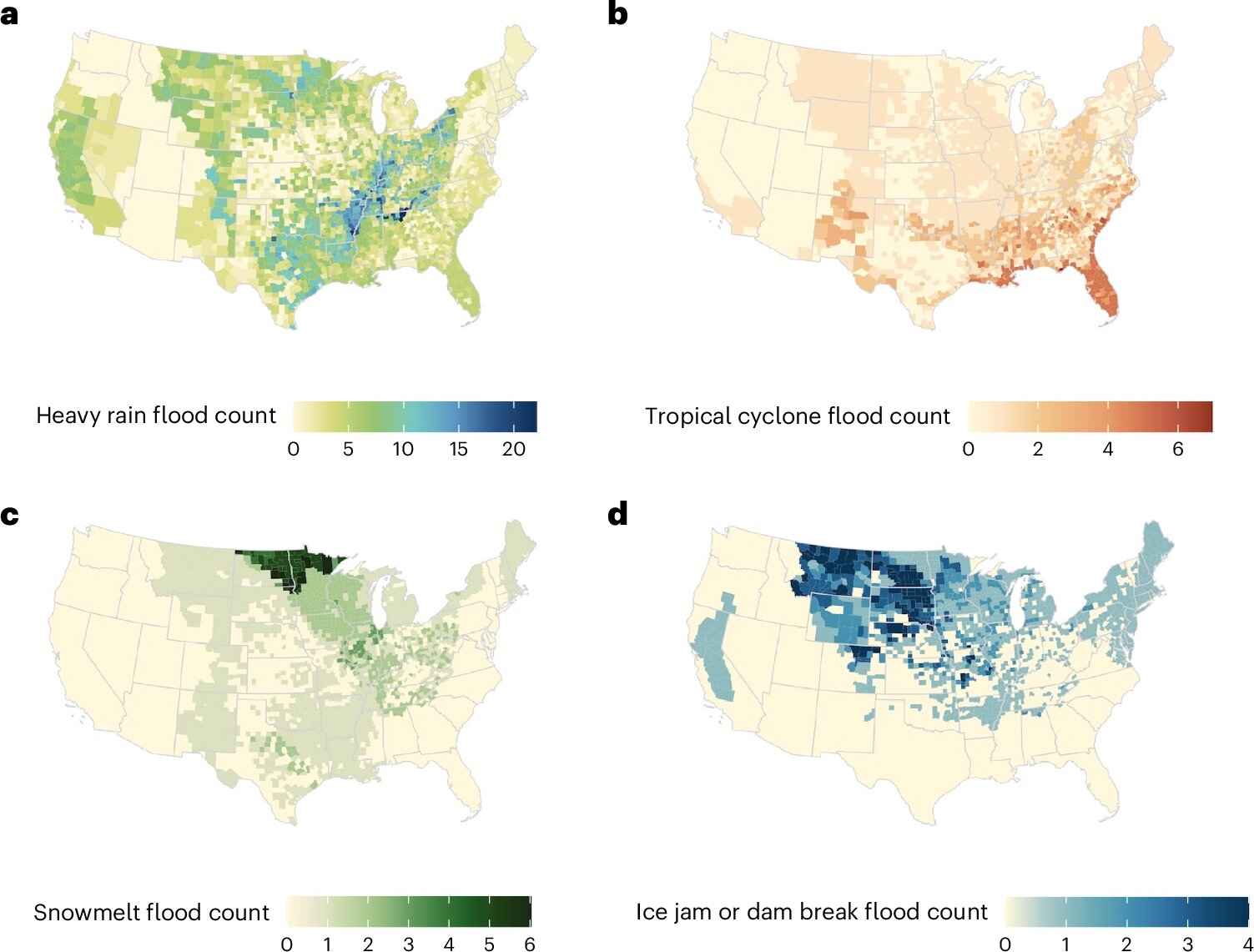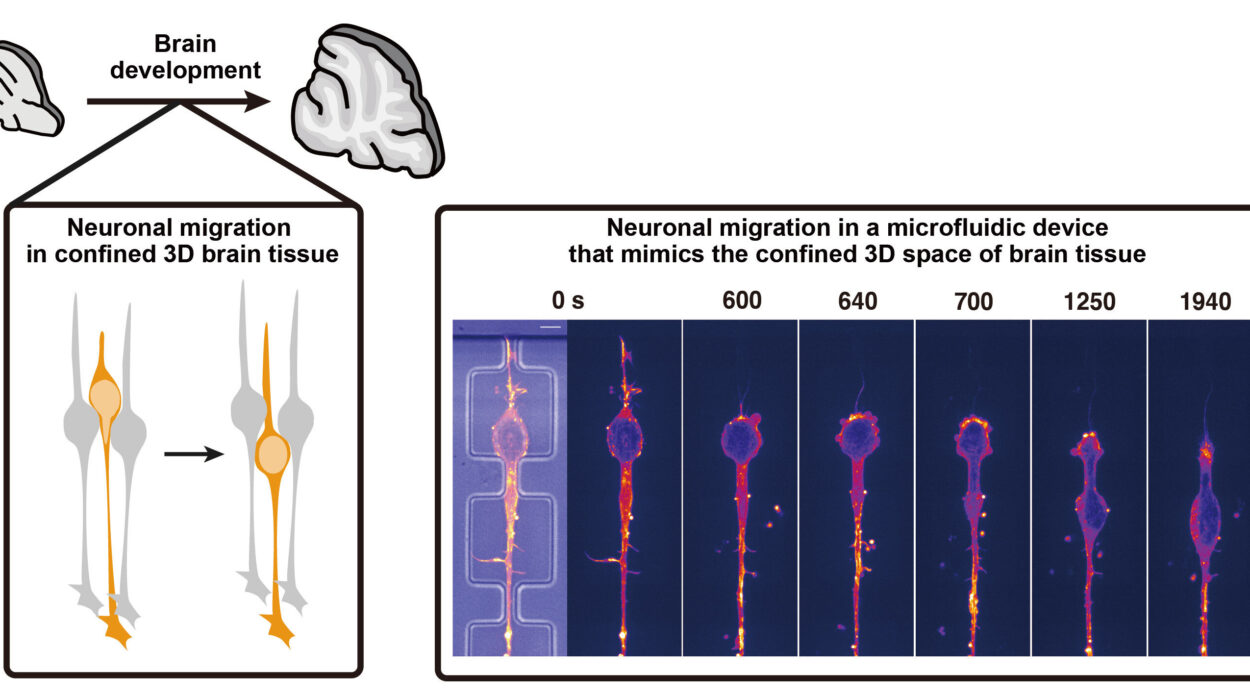The ongoing challenge of the COVID-19 pandemic has brought to light the particular vulnerability of individuals with weakened immune systems. New research highlights the critical need for continued, tailored protection strategies for these individuals, emphasizing the role of scalable tests in identifying those at greatest risk. This research, recently published in The Lancet, offers groundbreaking insights into how a simple blood test can predict the severity of COVID-19 infection and guide personalized approaches to vaccination, ultimately providing better protection for those most at risk.
The MELODY Study: A Landmark Exploration
The study, known as the MELODY Study (Mass Evaluation of Lateral Flow Immunoassays for the Detection of SARS-CoV-2 Antibody in Immunosuppressed People), was led by a collaboration of experts from the University of Nottingham, Nottingham University Hospitals NHS Trust, and Imperial College London. The study focused on how individuals with weakened immune systems, particularly those receiving immunosuppressive treatments, respond to COVID-19 vaccinations.
A key finding of the MELODY Study is that a simple finger-prick blood test can assess the levels of antibodies in the body after vaccination. These antibodies are vital for the immune system to recognize and fight off infection. However, patients on immunosuppressive medications, often prescribed to manage autoimmune diseases or prevent organ transplant rejection, may not mount the same effective immune response to vaccines as others. This raises concerns about the effectiveness of general COVID-19 vaccination campaigns for vulnerable populations, such as immunosuppressed individuals.
The MELODY Study is the largest of its kind, involving more than 28,000 participants. It is especially significant because immunosuppressed individuals have often been an overlooked group in COVID-19 research. Until now, these individuals were often excluded from clinical trials and large-scale studies, leaving their needs inadequately addressed by public health measures.
The Role of Antibodies in Protection
One of the study’s most important revelations is that 82% of immunosuppressed patients developed detectable antibodies following at least three COVID-19 vaccinations. The presence of these antibodies significantly reduced the likelihood of patients contracting the virus or requiring hospitalization if they did become infected. However, the effectiveness of the immune response varied, and some individuals treated with certain immunosuppressive medications exhibited a weaker response. This highlights the importance of continued monitoring and tailored approaches for people in this category.
Dr. Fiona Pearce, Senior Joint Author of the study and an expert at the University of Nottingham’s Unit of Lifespan and Population Health, pointed to the value of the national disease registration system that enabled this study. She noted the importance of the RECORDER group at the University of Nottingham and the National Disease Registration Service at NHS England for making it possible to recruit individuals with rare autoimmune rheumatic diseases, a group that had previously been unidentifiable and excluded from national research. This inclusion of over 6,000 people with rare autoimmune diseases was a significant milestone, allowing for more comprehensive and representative data.
Personalized Approaches to Vaccination and Protection
The findings of the MELODY Study open the door for personalized strategies in COVID-19 prevention, particularly for immunosuppressed individuals. Dr. Willicombe, Clinical Reader at Imperial College London and Honorary Consultant Nephrologist at Imperial College Healthcare NHS Trust, emphasized the potential of the study’s results to inform more individualized approaches to vaccination schedules and protective treatments. This could ensure that vulnerable individuals receive the optimal care and support to maximize their protection against COVID-19 and its severe outcomes.
Although most patients in the study responded well to vaccination, some immunosuppressed individuals, particularly those on medications like corticosteroids or other immunomodulators, did not mount as strong an immune response. Therefore, careful consideration of each patient’s medical treatment and vaccination history is crucial. This includes adjusting vaccination schedules and providing additional or alternative treatments where necessary. The ability to assess individual vaccine responses opens the possibility of more nuanced and effective strategies tailored to specific patient needs, ensuring that those at the highest risk receive the protection they need.
The findings also reinforce the importance of keeping immunosuppressed individuals up to date with all recommended vaccinations, including COVID-19 and flu shots. Dr. Peter Lanyon, a member of the research team, stressed the need for continuous vigilance in ensuring these patients are fully protected, particularly as the virus evolves and new variants emerge.
The Need for Ongoing Protection
While the development of vaccines has been one of the most significant successes in the fight against COVID-19, the MELODY Study underscores that certain populations, such as immunosuppressed individuals, require ongoing and adaptive protection. These groups face heightened risks, not only because their immune systems may not respond as strongly to vaccines but also due to the broader challenges posed by their underlying health conditions.
Personalized approaches to healthcare are increasingly recognized as crucial for addressing the unique needs of these individuals. By using scalable tests to monitor immune responses and adjusting health measures accordingly, healthcare providers can ensure that vulnerable patients are not left behind in public health efforts. The MELODY Study shows that tailored interventions can help these individuals receive equal benefits from advances in medicine and public health, ultimately contributing to a more inclusive approach to pandemic management.
A Step Toward More Inclusive Health Measures
This research emphasizes the need to rethink how we approach public health for vulnerable populations. Inclusion of at-risk groups, particularly immunosuppressed individuals, is essential for building a more comprehensive response to health crises. National registries, like the National Disease Registration Service, play a critical role in identifying and supporting these groups, enabling tailored interventions based on real-time data. The collaboration between academic institutions, health services, and national registries in the MELODY Study serves as a model for future research and intervention.
The study’s results contribute to ongoing efforts to ensure that no group is left behind in the fight against COVID-19. By continuing to explore personalized healthcare strategies, we can create more effective protective measures for those most at risk, thereby ensuring that the benefits of vaccination and public health measures are distributed equitably across society.
Conclusion
The MELODY Study has proven to be a pivotal moment in the ongoing effort to protect vulnerable populations from COVID-19. By highlighting the importance of tailored, individualized healthcare approaches and scalable tests to monitor immune responses, the research lays the groundwork for more inclusive public health strategies. As the world continues to navigate the evolving COVID-19 landscape, it is crucial that we ensure all populations, especially those with weakened immune systems, receive the protection they need to stay safe.
This study serves as a powerful reminder that public health strategies must be flexible, adaptive, and inclusive, and that personalized care can help bridge gaps in protection for those who are most at risk. As we continue to learn more about the immune response to COVID-19, it is imperative that we use this knowledge to guide public health decisions, ensuring that vulnerable groups receive the attention and protection they deserve.
Reference: Lisa Mumford et al, Impact of SARS-CoV-2 spike antibody positivity on infection and hospitalisation rates in immunosuppressed populations during the omicron period: the MELODY study, The Lancet (2025). DOI: 10.1016/S0140-6736(24)02560-1






